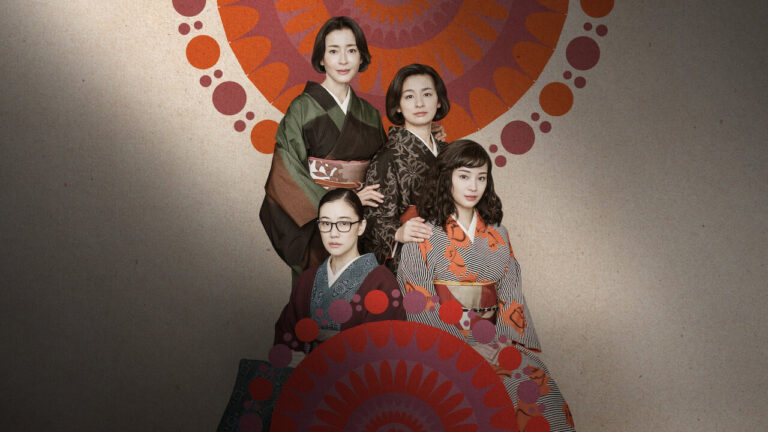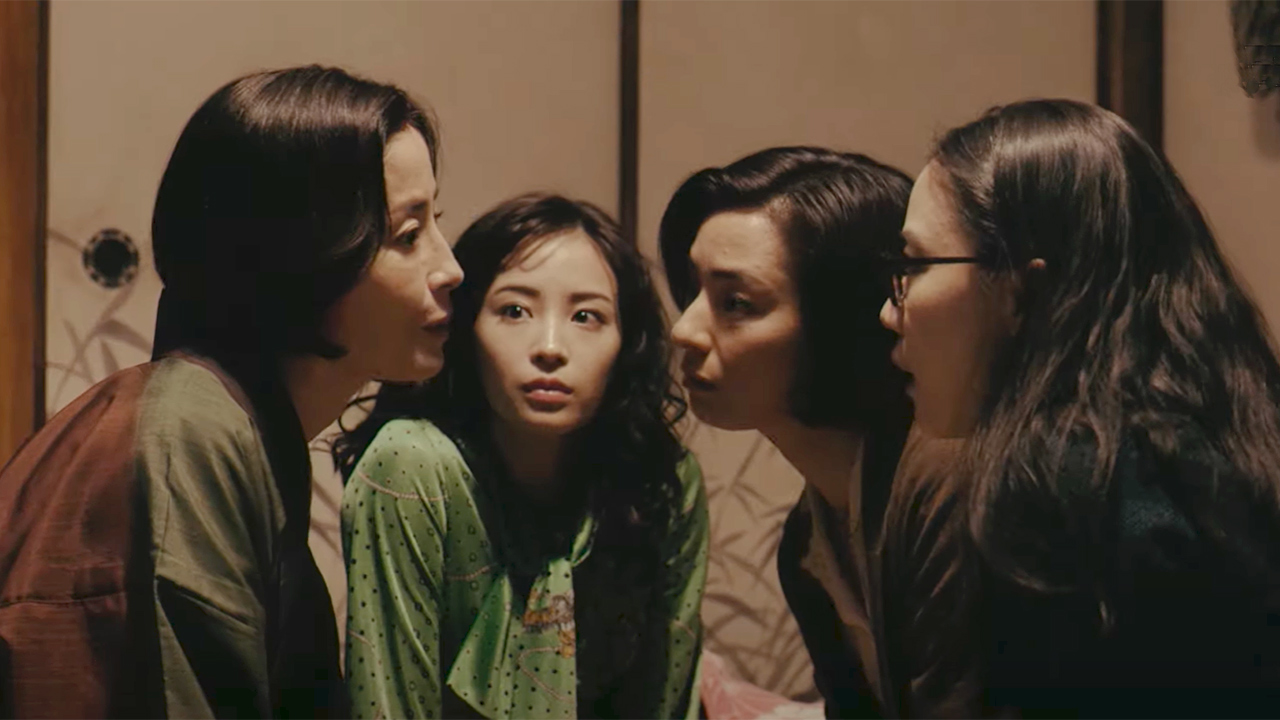
©Courtesy of Netflix
If in the Western hemisphere Louisa May Alcott described sisterhood through her 19th century novel Little Women — and its sequels Good Wives, Little Men and Jo’s Boys — in the Eastern part of the world, a compelling TV series delves into the intricacies of female siblings. Asura is the new Netflix series from Japan, written and directed by Hirokazu Kore-eda, that begins in 1979 in Tokyo and follows the mishaps of four sisters who uncover a longtime affair of their ageing father.
Kore-eda’s superb touch is palpable throughout the series — based on the novel Ashura no Gotoku by Kuniko Mukoda. If family sagas had been scrutinized by the Nipponic Palme d’Or-winning auteur through motion pictures, he expands his skill through the seven episodes of Asura. The heptagonal storytelling allows great insight, not only to analyze the main branch of the Takezawa family, but also the dynamics within the households of the four sisters.

©Courtesy of Netflix
The oldest is ikebana teacher Tsunako (Rie Miyazawa), a widow and mother of a son who lives elsewhere. She has fallen in love with a married man, owner of a restaurant, Sadaharu (Seiyo Uchino), and can’t seem to break up the liaison.
The second sibling is housewife Makiko (Machiko Ono), married to Takao (Masahiro Motoki), and mother of two adolescent kids. She is the wisest one of the sisters and seems to have the perfect family balance, and yet she is obsessively convinced that her spouse has a mistress, and her bottled up feelings give wave to rash behaviors.
The third sister is librarian Takiko (Yu Aoi), who suspects that their elderly father, Kotaro (Jun Kunimura), has a lover and child. She hires private detective Katsumata (Ryuhei Matsuda), who will confirm the suspects — that the four sisters keep from their mother Fuji (Keiko Matsuzaka) — and will also become a significant presence in Takiko’s life.
The fourth sibling is waitress Sakiko (Suzu Hirose), whose simple life becomes a rollercoaster, once she is catapulted in luxury thanks to the successful career of her boxer husband Jinnouchi (Kisetsu Fujiwara). However a tragic twist of events will change their flamboyant lifestyle.
The bouncy musical theme — Higher by PLAYHØÜZE — introduces each episode setting the mood for a turbulent ride through family entanglements. Asura depicts the dynamics that could occur in any household, yet also showing what is quintessentially Japanese: the universal coalesces with the specific. Thus, we witness conversations that express the frustration of men when their spouses can outwit them, that occur around a kotatsu table, or while smashing rice cakes, or taking part at a bean throwing ceremony.
The mention of the chivalrous bandit Kunisada Chūji, or the works of novelist Natsume Sōseki provide the Nipponic atmosphere, as a frame to themes that transcend any cultural heritage, such as conflicts between duty and desire. Some characters embody the concept of Gubijinsō, the poppy that represents cowardly beauty. Others live in adultery and may even seem to be willing to attempt a lovers suicide not to give up on their romance. There are those who repress eroticism to the extreme, by censoring an Ikebana flower arrangement — that they envision as a woman with her kimono undone — or by hiding, until their passing, the Shunga art that was provided for their sexual education.

©Courtesy of Netflix
Traditional women are accustomed to smothering cuckoldry in a self-imposed ignorance, as the matron of the household says at one point “What you don’t know can’t hurt you,” because “a cheating husband is better than no husband.” Some hardships will be confronted with charm doodles on feet soles, others with Amita Buddha prayers. What is constant is that all characters attempt to keep a happy facade, while their inner demons slowly devour them: “for every smile there’s a frown.”
At the end of the day what emerges — beyond the bickering, the erratic behaviours, and situations that spiral out of control — is sisterhood. As Takiko explains, it can cause jealousy and envy, but the bond is so strong,that if one of the siblings suffers it causes unbearable pain to the others. This feeling is encapsulated by the title of the series, that references Indian deities who can endure long-standing tensions but also share moments of profound connection, Asura.
Final Grade: B+

